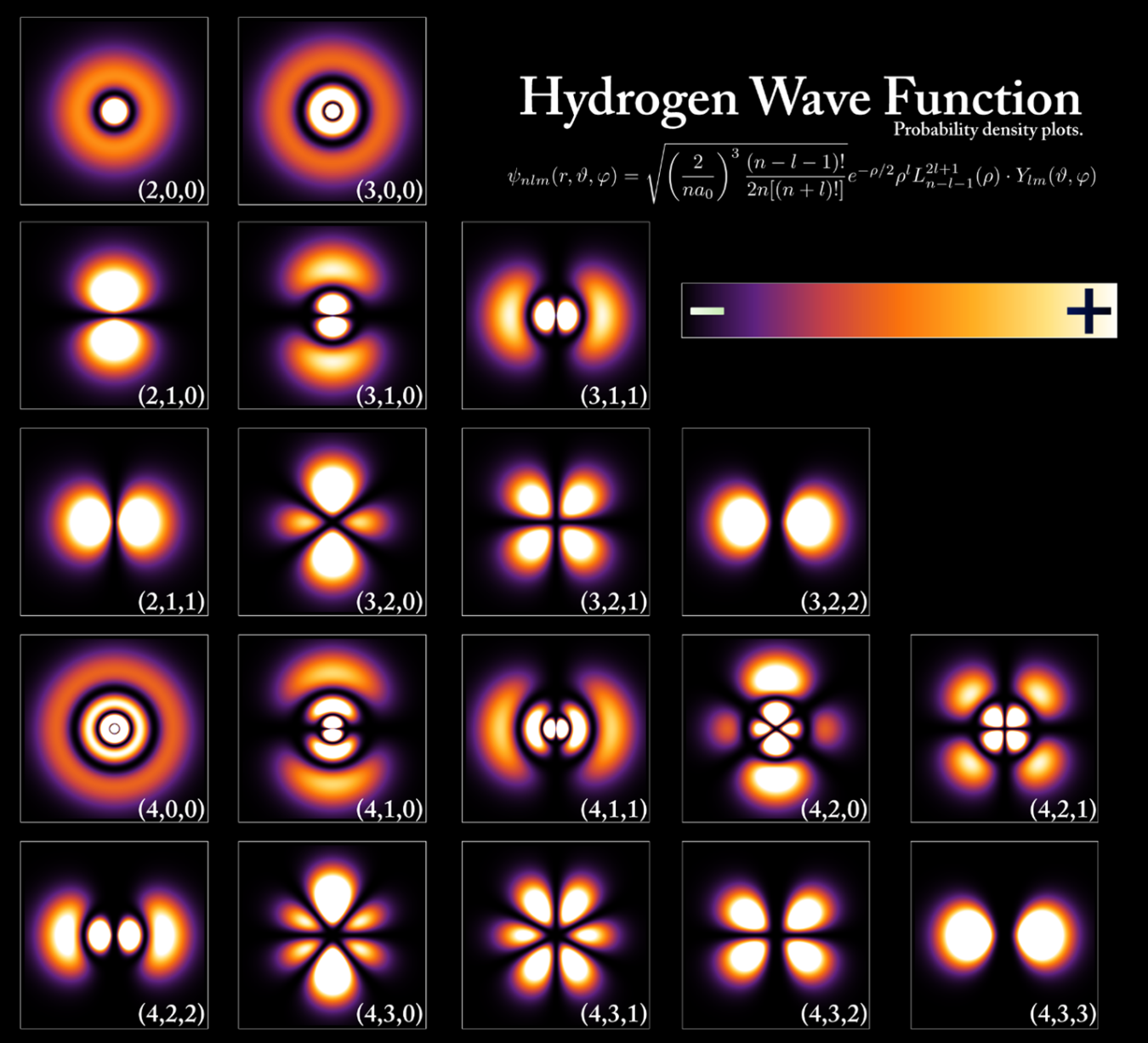Pinball1970
Valued Senior Member
I addressed quantum way way back. May I remind you that quantum is still a mathematical function.
Quantum Superposition doing mathematics in a computer? Can you explain that?
Holy crap.
"I addressed quantum way way back."
When? Every time you use and have ever used the word quantum it was wrong, not even wrong.
“May I remind you that quantum is still a mathematical function.”
“Not even wrong” does not apply to this sentence, I need something more. I will ask around, I am not qualified.
“Quantum Superposition doing mathematics in a computer? Can you explain that?”
Not really since this sentence does not make sense either.
Look mate, you have to face facts that science is not for you, certainly not anything relating mathematics physics or chemistry.
IF you were willing to go about learning in the correct way we could help but you wont.



